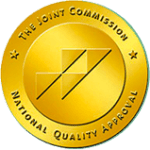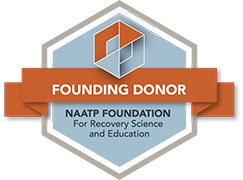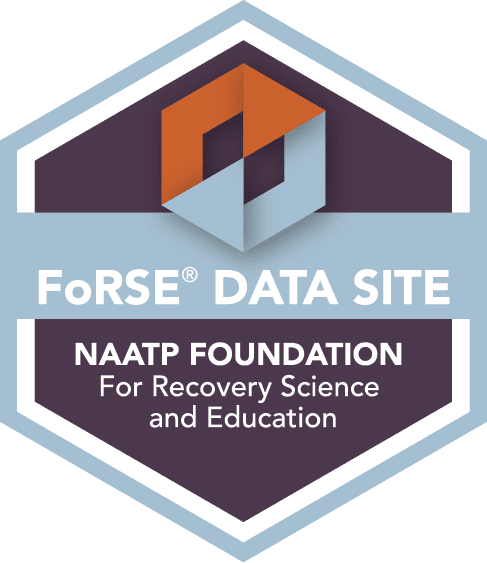Breaking Down the Barriers of Shame and Stigma
One of the things so many of us continue to carry with us into our recovery, even after doing some great, transformative healing work, is our sense of shame. We hold onto intense guilt for years after the mistake or wrongdoing in question. We refuse to forgive ourselves. We see ourselves as shameful, immoral, bad people undeserving of forgiveness. Our shame presents itself in how we think and speak about ourselves, how we shape our self-image, and how we function in our lives. When we carry shame, we deny ourselves compassion, understanding, patience and forgiveness. We see our flaws and our regrets as huge transgressions. We don’t feel worthy of love, and we don’t see how anyone could actually love us. We desperately want to change who we are, thinking that if only we could present ourselves differently to the world, we’d be more acceptable, more lovable.
The truth is we are fully deserving of love and respect just as we are. Yes, there are elements of who we are that we’ll want to work to change. We’ll want to shed everything that’s been holding us back. We’ll want to stop doing the things that make us feel so ashamed of ourselves, that are very often related to our addictions. Perhaps most importantly, we’ll want to start seeing our journeys as beautiful no matter how many twists and turns and painful lessons we’ve endured. We’ll want to start empowering ourselves mentally and emotionally. If we don’t transcend the limitations of our shame, we’ll only continue to hold ourselves back, and we’ll never become the authentic version of ourselves we were meant to be.
Healing from our shame doesn’t mean we don’t have things we feel bad about. Living with addiction, we’ve caused ourselves and our loved ones years of pain. We’ve lied, cheated, stolen, been cruel and violent. We have people we still want to make amends to, relationships we want to rebuild. We’ll want to try to communicate our remorse and hope others can understand, if not forgive. If we’re beating ourselves up and drowning ourselves in shame, we can’t make these important steps. We can’t move forward. We can’t prove to others, but more importantly to ourselves, that we’re capable of changing.
We cling to the limiting beliefs we’ve developed that tell us we’re not good enough, that we’ll never amount to anything or measure up to other people. We are haunted by fears of inadequacy and inferiority that compound our feelings of shamefulness. We never feel at peace within ourselves. We feel as though we’re living with a dark cloud hanging over our heads, a heavy weight in our hearts. We feel powerless to rid ourselves of this darkness, and because we believe we are in fact powerless, we allow our shame to have even more hold over us. Our shame now directs us and our lives. It causes us to choose relationships that make us feel even more ashamed of ourselves. It causes us to manifest more circumstances and life events that make us feel shameful. It drives us to seek solace in our addictions, to try to numb ourselves from our emotional pain. Our shame goes deep, stored in the recesses of our subconscious minds, the part of our mind that governs the vast majority of our thoughts, feelings and behaviors. Our shame, therefore, taints everything, specifically how we view ourselves. We live with painful self-hatred and self-rejection. We hate ourselves for being addicts. We reject ourselves and the parts of ourselves that we don’t think are good or acceptable.
Our cultural stigma around addiction comes from the widespread fear that accompanies misunderstanding and misinformation. Addiction, though so common, is still widely misunderstood. Stereotypes abound that addicts are weak, lazy, out of control, or evil. Addiction is stigmatized as being associated with poverty, crime and immorality. To break down the stigmas around addiction, and the accompanying shame, we have to start being courageous enough to tell our own stories. Whenever we share a bit of who we are, we show the humanity of addiction. We show the face, the name, and the story behind addiction. We show the world that addiction is a real and very common part of human nature. We become examples of just how universal pain and suffering are. We all make mistakes and cause each other pain, some of us through the self-destruction and self-hatred of addiction. When we are brave enough to share our experiences with addiction, we empower others to do the same. We push the outside world to be a little more understanding, a little more accepting, of the illness that is addiction. We encourage the world to see addiction with a little more compassion and empathy.
As we’re working to recover, we’re breaking down the barriers of stigma, and transcending our shame, just by sharing of ourselves in our healing. The world becomes a better place for our experiences, and our lessons, no matter how painful, don’t have to be in vain.
Established in 1939, High Watch is the world’s first 12-Step treatment center. Every individual who walks through our doors joins a definitive culture of compassion, dignity, and respect from a genuinely caring staff dedicated to seeing the disease of addiction find remission. Providing proven therapeutic approaches and comprehensive 12-Step education, patients leave High Watch with the confidence to maintain abstinence and live a healthy, happy, sober life. Start your journey today by calling 860.927.3772.








